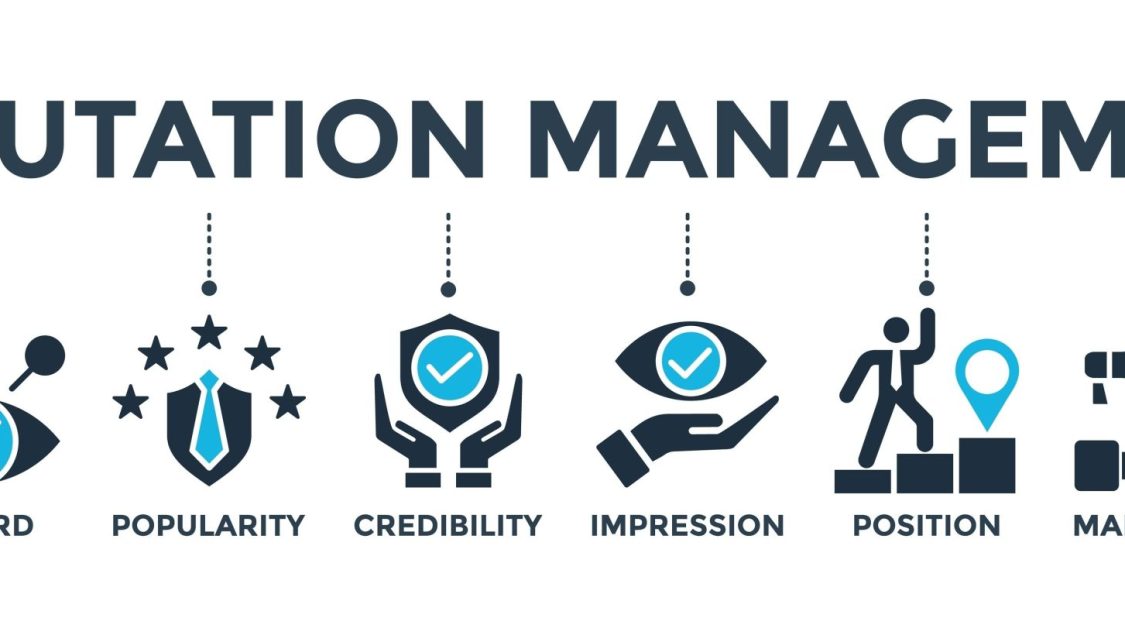IFAs struggle with sending secure information across the internet. Basically it is a no-no, which leads us all to drop boxes and password protected zip files. One of these is WinRAR.
WinRAR is software that offers a supposed 40-day free trial, but it never actually seems to stop giving you free access. This curious phenomenon has puzzled many and sheds light on the history of software financing. Launched in 1995 by brothers Eugene and Alexander Roshal, WinRAR was created out of necessity. Eugene handled the coding, while Alexander focused on marketing and distribution. At a time when computer storage was limited and costly, the need for efficient data storage gave rise to this innovative software.
WinRAR adopted a “freemium” model long before it became a common practice. While the software is virtually free for individual users, businesses are expected to purchase licenses. This strategy significantly contributed to WinRAR’s widespread popularity.
Once a software solution gains traction among individual users, it’s only a matter of time before companies start adopting it too. We’ve seen this trend at BAT, where popular tools among team members often become officially recognized software—like Yoti for ID verification.
You might ask why companies would pay for something that is essentially free. The answer lies in the risks associated with using pirated software, which can lead to significant reputational damage—far outweighing the cost of a legitimate licence. In the corporate world, reputation is paramount. A scandal can result in millions lost in revenue and customer trust. Businesses would prefer to invest a small fee in a WinRAR license rather than risk the consequences of using pirated software. While the advent of cloud storage has reduced the need for file compression software, the password protection features in WinRAR ensure its enduring presence as a testament to adaptability. Remarkably, WinRAR continues to generate around $21 million in revenue each year, proving it remains a solid business.
WinRAR’s infinite free trial and unique business model have cemented its place in both individual and corporate digital toolkits. It stands as a fascinating case study in how unconventional strategies can lead to long-term success.
